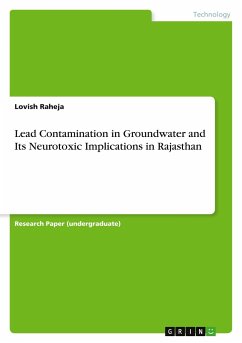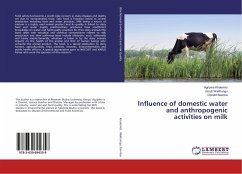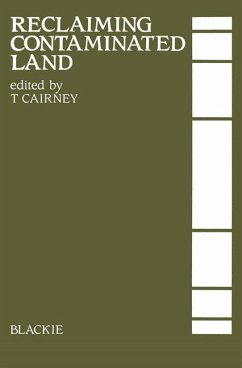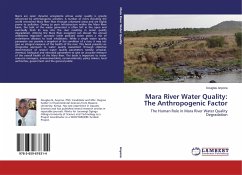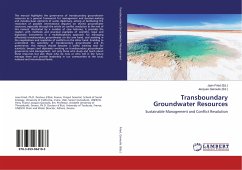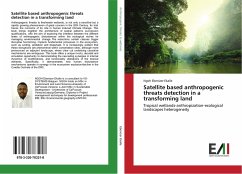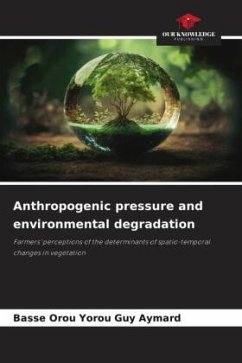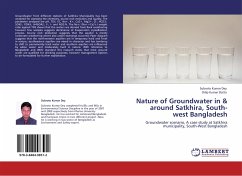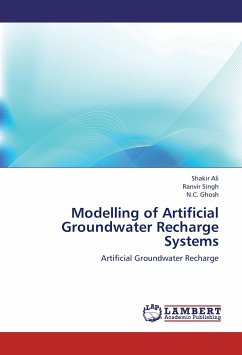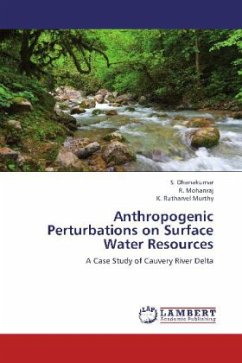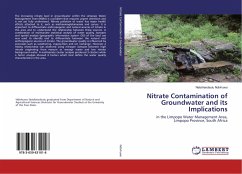
Nitrate Contamination of Groundwater and its Implications
in the Limpopo Water Management Area, Limpopo Province, South Africa
Versandkostenfrei!
Versandfertig in 6-10 Tagen
37,99 €
inkl. MwSt.

PAYBACK Punkte
19 °P sammeln!
The increasing nitrate level in groundwater within the Limpopo Water Management Area (WMA) is a problem that requires urgent attention and is not yet fully understood. Nitrate pollution of water has major health effects attached to it, such as methaemoglobinaemia and cancer. It is important to differentiate anthropogenic and natural sources of nitrate in this area and to understand the relationship between these sources. A combination of multivariate statistical analysis of water quality, isotopes and spatial analysis (geographic information system- GIS) of the land use was used to identify an...
The increasing nitrate level in groundwater within the Limpopo Water Management Area (WMA) is a problem that requires urgent attention and is not yet fully understood. Nitrate pollution of water has major health effects attached to it, such as methaemoglobinaemia and cancer. It is important to differentiate anthropogenic and natural sources of nitrate in this area and to understand the relationship between these sources. A combination of multivariate statistical analysis of water quality, isotopes and spatial analysis (geographic information system- GIS) of the land use was used to identify and to differentiate between the natural and anthropogenic sources of nitrate. The groundwater quality is influenced by processes such as weathering, evaporation and ion exchange. However a mixing relationship was observed using nitrogen isotopes between high nitrate originating from manure or sewage waste and low nitrate background water. A multivariate cluster analysis produced 3 clusters while a factor analysis showed 6 factors which best define the water quality characteristics in the area.



